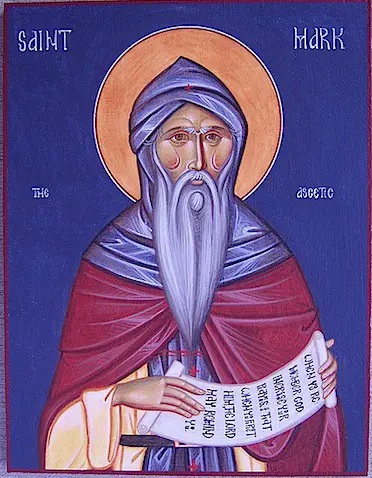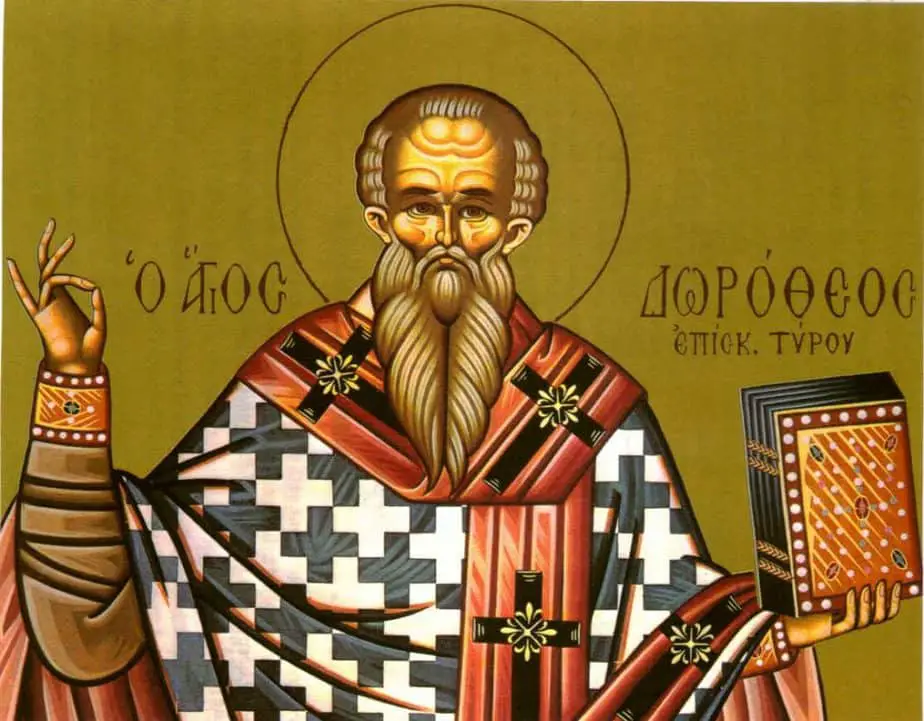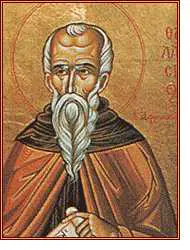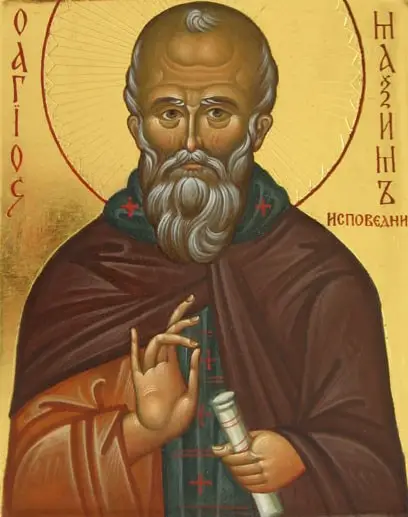St. Justin Popovic: The third sin, which synthesizes all the sins of the world is: “the pride of life.” . . .

The third sin, which synthesizes all the sins of the world is: “the pride of life.” That is the first sin in all the worlds: the sin of Satan. The source of all sins, which always was and will forever stay as such. It can be said: pride is the ultimate sin. Every sin, through its life force, comes from it and holds to it: “the pride of life”–woven from countless multifarious prides, both great and small, both short-term and long term. Let us remember the primary things: the pride of glory (scientific, government, in any rank or position in general), pride of beauty, pride of wealth, pride of benevolence, pride of humility (yes! of humility), pride of charity, pride of success…There is not a virtue that pride cannot convert into a vice. The pride of prayer converts the person praying into a Pharisee, and the ascetic into a self-murderer. So, every sin, in reality is a sin through pride, because Satan in in reality Satan through pride. If it were not for pride, sin would not exist, neither in the angelic or the human world. All this “is not of the Father.” That which is of the Father is the Only Begotten Son of God. He is incarnate and personified humility before all of His divine perfections. In His Gospel, the beginning virtue, the ultimate virtue is humility (Matt. 5:3). Humility is the only medicine for pride and all other sins.
+ St. Justin Popovic from The Explanation of the Epistles of St John the Theologian (1 John 2:16)




